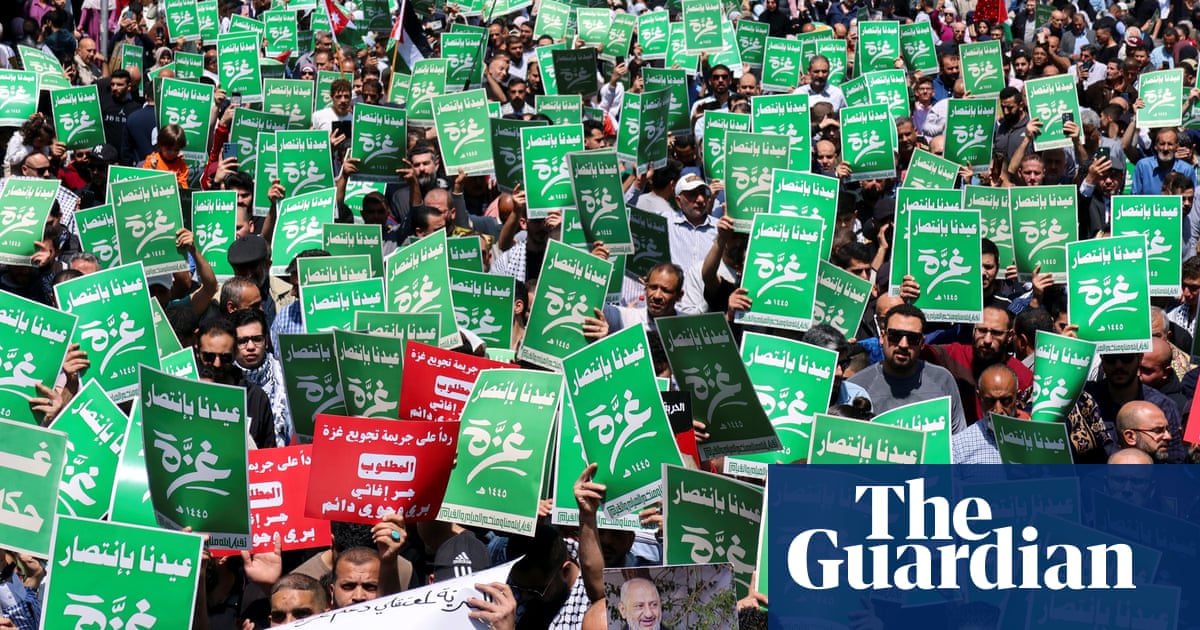
The public discourse in Lebanon is very much focused on the presidency. Who will be the next president will very much shape the fate of the country. While the incoming president will have the very heavy burden of conducting reforms — namely those required by the International Monetary Fund — the question remains: What will be his attitude toward Hezbollah?
So far, the parliament has called for two sessions to elect a president, but there has not been a quorum present to hold a vote.
The question is who the different parties will settle for. Of course, Hezbollah wants Suleiman Frangieh, who has consistently been in the Hezbollah/Bashar Assad fold. However, the international community cannot accept a president who calls Assad “his brother.” As much as it wants him to be president, Hezbollah knows that pushing for Frangieh would be signing the country’s death warrant.
Likewise, Gebran Bassil — outgoing President Michel Aoun’s son-in-law and the former foreign minister — is not a viable candidate. Lebanon, whose main problem is corruption, cannot elect someone who has been sanctioned under the US Magnitsky Act for that very crime. Hence, both of Hezbollah’s candidates are not viable. The group needs to somehow settle for someone who is not in their fold.
Hezbollah is very nervous about the upcoming election of the president. Will the winner seek to execute UN Security Council Resolution 1559, which calls for all militias to be disbanded? This basically means disarming Hezbollah. Or will he ask for the execution of UNSC Resolution 1701, which implies that Hezbollah has to vacate the south of the country?
Whoever becomes president will have the very difficult and delicate task of managing Hezbollah. While some pundits hope that the next president from the “sovereign” camp will confront Hezbollah, a clash should be averted by all means. A clash between Hezbollah and the army would give a final knock to the crumbling state. It would be worse than the 1989 clashes between the Lebanese Forces headed by Samir Geagea and the Lebanese Armed Forces headed by Aoun.
Given its internal situation, Lebanon cannot afford such a confrontation. Also, Europe, which is grappling with the Ukraine war, cannot take anymore refugees. People are already dying in the sea trying to escape the dire situation in Lebanon. In the case of a clash between Hezbollah and the army, the situation could not be contained easily and would likely result in a civil war, hence a massive wave of refugees trying to escape by sea.
Hezbollah, if threatened by the army, would use that act to rally the Shiite community by interpreting it as an assault on them. Even Israel, which considers Hezbollah to be its mortal enemy, does not want civil war in Lebanon because the chaos is likely to spill over across the border. At least now, if it is targeted by rockets from Lebanon, Tel Aviv knows who to blame. In the case of civil war and the chaos that comes with it, there would be no such assuredness.
It is not in Israel’s interest to deal with another Gaza on its northern border. Hence, the best option in the current situation, and the most pragmatic one, is to have a president that can contain Hezbollah and keep it in check without confronting it.
The international community will not help Lebanon while the state is controlled by Hezbollah. Its control of the port, airport, border crossings and key ministries is not accepted by the international community. So, the group faces a difficult choice. If it accepts a president who is not loyal to Hezbollah, it would need to have more control over the state and the government to make sure no decisions are taken that will alienate the group. However, the more it controls the state, the less the international community will be willing to help Lebanon. And if Lebanon does not receive help from the international community, it will collapse in a matter of months.
This means that the person fit to be president in these dark times is the one who can strike this delicate balance: Keeping Hezbollah in check to garner the international community’s support and confidence, enabling it to drive reforms in the country, while not clashing with the group itself.
While some pundits hope that the next president from the ‘sovereign’ camp will confront Hezbollah, a clash should be averted by all means.
Dr. Dania Koleilat Khatib
In this difficult period, Hezbollah should also realize that it cannot exert influence and control over the state the same way it has done during Aoun’s presidency. It needs to be pragmatic and realize that it needs to compromise. On the other hand, regional actors like Israel, the Gulf states and the US, which see Hezbollah as the enemy, should also realize that a confrontation is in no one’s interest and that the best bet is keeping the group in check.
This is why the identity of the next Lebanese president is of such great importance. He should be a person that the international community trusts to deliver and who can contain Hezbollah at the same time. He should also be someone that has some sort of relationship with Hezbollah and that the group knows will not ask it to disarm. This might not be an optimal solution for either Hezbollah or its opponents, but at the end of the day politics is the art of the possible.
Dr. Dania Koleilat Khatib is a specialist in US-Arab relations with a focus on lobbying. She is an affiliated scholar at the Hoover Institution, Stanford.
Disclaimer: Views expressed by writers in this section are their own and do not necessarily reflect Arab News" point of view












